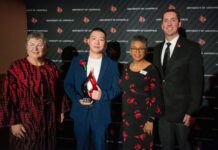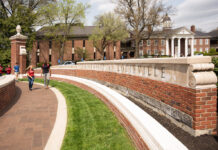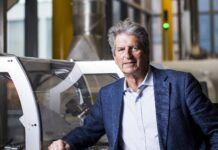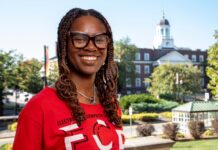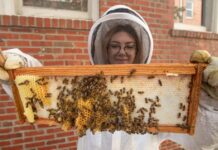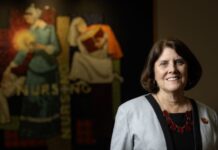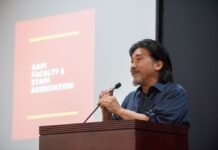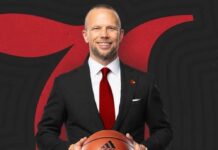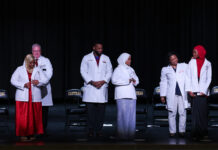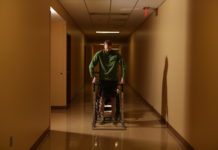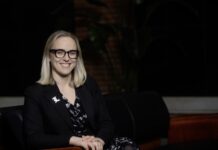The University of Louisville’s relatively small investments in new research ideas and projects has resulted in an average return of 1777 percent on those investments. You read that correctly – a 1777 percent return on investment (ROI). And these pilot research programs have also led to the award of 77 patents, 47 technologies licensed and 32 startup companies launched. Those are some impressive numbers.
The ROI numbers on UofL research spending were compiled by the office of the Executive Vice President for Research and Innovation and cover the past 15 years, at a time when state funding for higher education and university research declined. But during that same period of time, UofL was investing in research, awarding 445 grants ranging from $5,000 to $225,000. Faculty have used that money at various steps in their research project’s life from seed capital for an idea to helping fund the proof-of-concept stage which could be several years down the road. A total of $11 million has been spent by UofL with faculty using that money to help leverage another $208 million in funding from outside sources like the National Institutes of Health or private investors.
There are many examples of success stories of faculty researchers who used these small research initiation grant programs to attract prestigious research grants.
• Dr. Suzanne Meeks, Dept. of Psychological and Brain Sciences – $2.1 million to study psychological changes in nursing home residents
• Dr. Nobuyuki Matoba, Dept. of Pharmacology and Toxicology – $1.5 million to study plant-based pharmaceuticals
• Dr. Ayman El-Baz, Dept. of Bioengineering – $1.4 million to develop diagnostic techniques for lung cancer
• Dr. Carolyn Klinge, Dept. of Biochemistry and Molecular Genetics – $2.9 million to investigate molecular mechanisms in breast and lung cancer
• Dr. Terry Scott, Dept. of Special Education – $6 million for research and personnel development
Not every idea leads to new inventions or research funding, but it is clear that the dollars UofL invests in its researchers return big dividends for the university and its faculty. The real winners, though, are the rest of us whose lives will improve because of the new discoveries in medicine, bioengineering and other fields.



